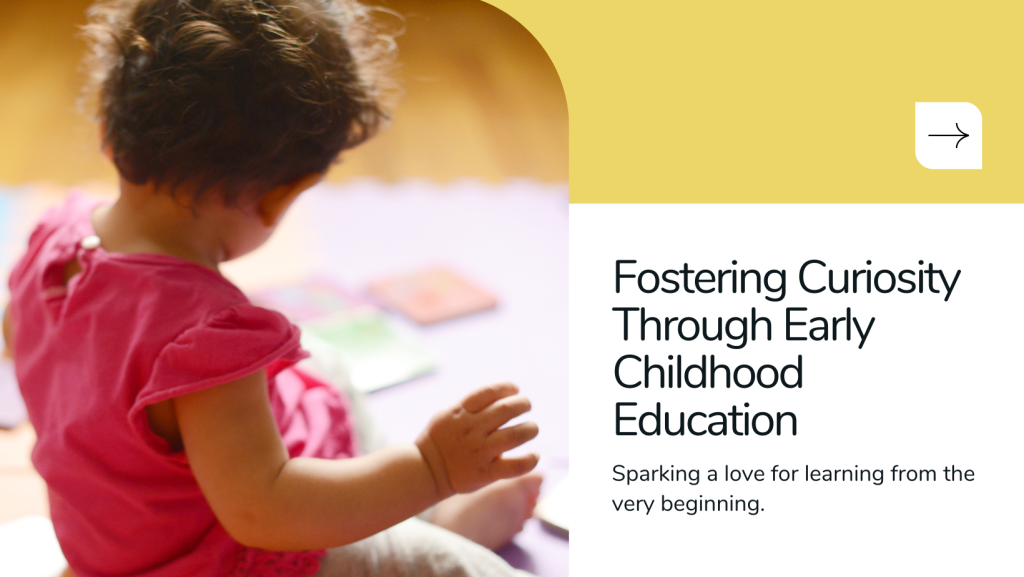Young children’s intellectual, social, and emotional development are greatly influenced by their early childhood education. Children can explore, investigate, and make sense of the world around them in a supportive and engaging atmosphere that is provided by high-quality early learning experiences. Early childhood educators work to foster curiosity, creativity, and a love of learning in young children through play-based activities, practical experiences, and supervised instruction. These qualities pave the way for children’s eventual academic achievement.
Studies reveal that kids who take part in top-notch early childhood education programs outperform their classmates who don’t have access to these kinds of chances in terms of cognitive abilities, language development, and social competence. Evidence-based techniques are employed by early childhood educators to facilitate children’s development in various domains, such as language and literacy, math and science, social studies, and physical development.
Early childhood education programs prioritize the development of social-emotional skills like empathy, self-regulation, and problem-solving in addition to academic abilities. These qualities are crucial for success in school and beyond. Children are assisted by educators in developing positive relationships, communication skills, and a sense of belonging by creating a safe and welcoming learning environment.
In addition, early childhood education is essential for closing opportunity inequalities and advancing educational equity. We can help level the playing field and put all kids on the path to success from an early age by giving them access to high-quality early learning experiences, regardless of their socioeconomic background.
Early childhood education expenditures have major long-term advantages for people, families, and society at large. Every kid can have the chance to realize their full potential and succeed in school and beyond if we prioritize early learning opportunities and support the professionals who deal with young children.




